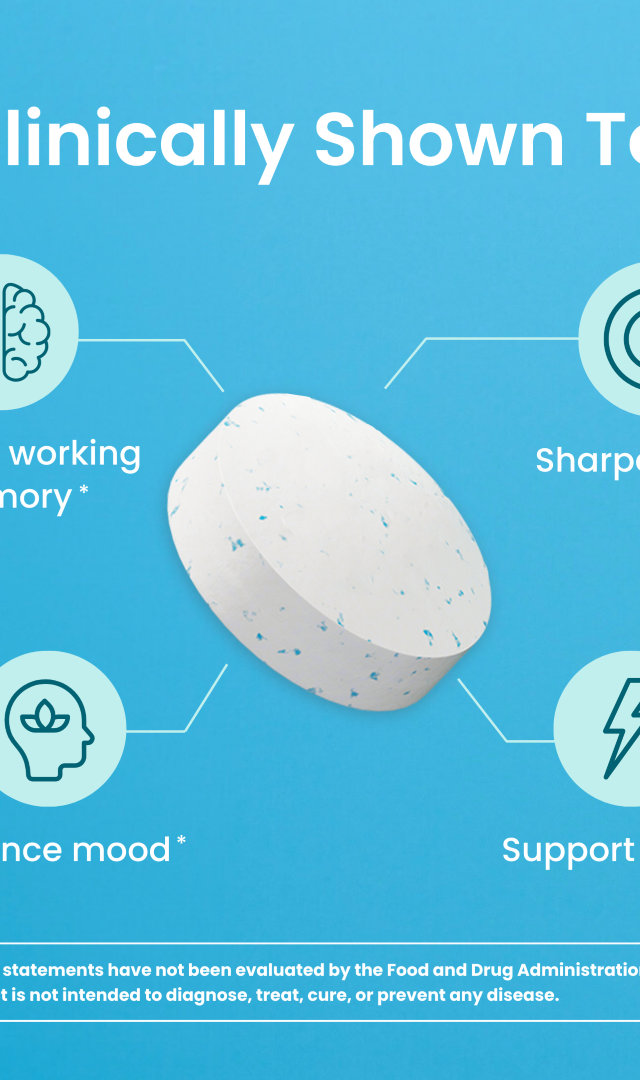You may think your mental capacity is at a pretty good level, with your thought processes fluid and fully functional; but what if they could be even better? The fact is, the human brain has tremendous potential and recent advances in medical science have unearthed clues into optimizing the way you feel, think and interface with the world around you.

Sounds far-fetched, but this “optimization” is simply the process of neurogenesis, which can best be explained as the way our brain renews and evolves by creating new neurons and other cells essential to the brain and central nervous system.
This is the process by which the brain is formed in fetal development but it then continues to keep the brain functioning as we grow. A fully functioning brain has many different types of neurons and other cells all with their own specialty. This incredible diversity in the types of neurons and brain cells is regulated by neurogenesis.
Take the hippocampus, the emotional and memory center of the brain, there are 27 known types of neurons required to accomplish its unique task.
During neurogenesis, the stem cells of the brain differentiate, or transform into whatever type of neuron or brain cell is required depending on the times and locations of the process. This was quite a discovery for the medical community. Up until about thirty years ago it was widely believed that the central nervous system, of which the brain is the MVP, was incapable of regeneration.

Stem cells were first discovered in the brain in the early 1990’s and today we see that neurogenesis is a normal process of any healthy brain. Neurogenesis is arguably the greatest discovery in medical science to have come from the last century and more progress in the field is being made every year. The greatest thing we have learned is that it is possible to improve the process by the lifestyle choices we make as individuals.
As the production of neurons increases its capacity the functions of the brain and body as a whole receives specific benefits. High rates of neurogenesis have been associated with improved moods, less anxiety and even resilience in the presence of stressful situations. Improved cognitive function, faster learning and better memory skills are other benefits of neurogenesis.
It has been said that adhering to specific diet plans is the best way to improve neurogenesis. The following section will discuss some of the most important foods that promote neurogenesis and brain health.
A Neurogenesis Promoting Diet - The Foods that Improve the Brain from Inside Out
Nutritionists all agree that a diet geared toward higher neurogenesis has plenty of other benefits as well. First and foremost, it is great for preventing heart disease. It also mounts an excellent defense against stress, anxiety and Alzheimer’s disease. The following are the primary considerations for such a diet plan:
- Fresh Fruits and Vegetables

Go for those vegetables that are high in fiber and low in starch. By avoiding the carbs and processed foods and loading up on the fiber you will feel more satisfied and keep your digestive system clean and functional. This will better absorb the important nutrients that will promote high rates of neurogenesis. Cooked or raw (preferably raw, and never overcooked) fruits and veggies should make up the largest portion of your diet.

When you need high quality fats, the fisherman’s market is where you begin your search. Sockeye salmon, Alaskan salmon, sardines, black cod and sablefish have high quantities of Omega-3’s. Neurogenesis can be increased by as much as 40% by the appropriate intake of Omega-3’s, according to a 2007 post in the Science Daily by Sandrine Thuret, Ph.D., of London's King's College.
Many other studies have been done to support this discovery. Omega-3s have also been found to increase BDNF (Brain-Derived Neurotrophic Factor) levels. BDNF is a protein that increases brain cell longevity and optimizes other brain functions as well.
There is another important fat to include here: coconut oil. This should be a kitchen staple, because it is very cheap and abundant. In addition to improving cognition, Alzheimer’s sufferers have seen increased improvement in their conditions with three spoonfuls of coconut oil each day.

Mother Nature prepared her own specialized miracle drug for promoting brain health and specifically neurogenesis, wrapped it in a tart juicy blue orb and we call it the “blueberry”. A plethora of brain protecting nutrients are in this culinary delight and you can eat as much as you like with only positive results. It is a widely accepted fact that individuals suffering from cognitive decline improve their condition after consuming regular servings of blueberries.
Blueberries promote neurogenesis through their high quantities of polyphenols, whose benefits include cancer prevention and cardiovascular resilience. One phytonutrient in particular, a flavonoid called anthocyanin, is especially beneficial to the process. These brain boosting nutrients have been studied for their capacity to stop the progress of dementia and Alzheimer’s.

Another brain boosting delight is green tea, also known as “meditation in a glass”. Like blue berries, green tea has a high polyphenol content, the most significant of which is a catechin called EGCG (epigallocatechin gallate). The benefits from green tea include increased rates of neurogenesis, BDNF levels and immune system function. Natural ingredient and amino acid L-theanine increases the activity of alpha brain waves and helps you relax.
In Conclusion
Don’t forget that all these nutrients are available as foods and as supplements. You should find the best way to introduce them into your lifestyle for long term benefits. You may find that green tea can be especially invigorating and better in the mornings than before bed.
Blueberries are delicious but eating them every day can be expensive if they aren’t grown locally. Nevertheless, the same benefits can be found in capsule form in many health food outlets or online stores.
Remember that the greatest benefits you can receive from a diet promoting neurogenesis will be gained in the long term. This is the most effective way to rejuvenate your brain from the inside out and will improve your results in the end.
Hi! We’re Team Neuro, aficionados of all things brain-related, from creativity to working out. With backgrounds in art, science, and athletics, we love delving into all the potentials of the human body.
We also created the world's first sugar-free nootropic caffeine energy gum that utilizes the effects of caffeine and L-theanine, made to help you optimize your mind — anywhere, anytime. Find out more here.



























